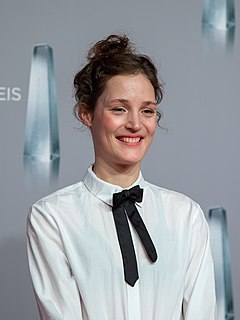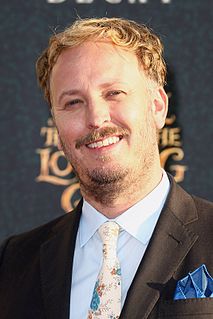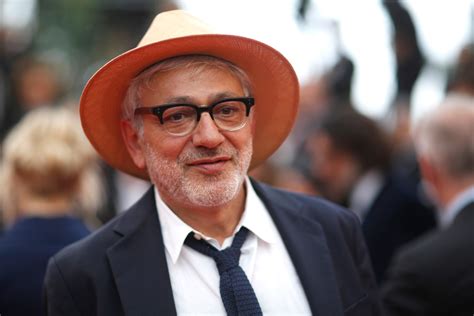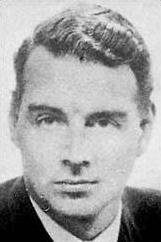A Quote by Laurie Simmons
I'm not interested in telling a story in my photographic work. I'm more interested in freezing certain moments in time.
Related Quotes
I feel like there are moments where musicians may be more interested - or culture in general - to show roots and where one comes from. And later there comes a time where that has lesser importance for artists, and instead they become more interested in affiliating themselves with global or international trends. Fortunately, we were in the right place at the right time, and that allowed us to experiment, play and enjoy.
It always did bother me that the American public were more interested in me than in my work. And after all there is no sense in it because if it were not for my work they would not be interested in me so why should they not be more interested in my work than in me. That is one of the things one has to worry about in America.
The Time that Remains is a way of interpreting a certain ambience or emotion. These are the stories that my father told me over the course of fifteen or twenty years. I used to listen to him. From the cowardly part of my character, I'm always in fear of not telling the right story. I'm not interested in making epics.






































